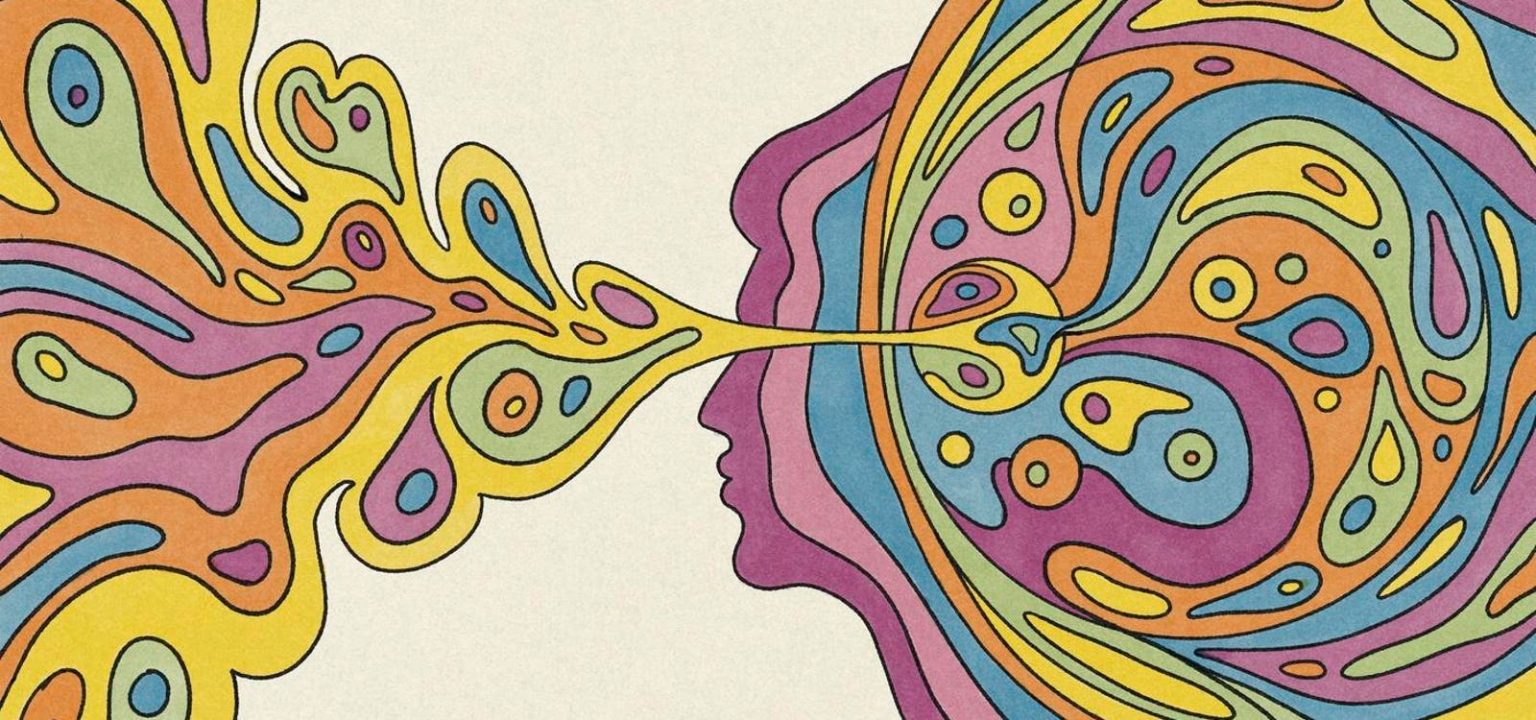In the 21st century, mental health awareness has experienced a transformation, moving from hushed tones to open discussions and acceptance. This shift has encouraged individuals to seek help and confront their inner struggles, ultimately saving lives and improving mental well-being on a broad scale. However, as mental health conversations have become more prevalent, the prevalence of mental health challenges has also increased. Almost everyone knows someone dealing with issues like anxiety or depression, prompting questions about whether our spotlight on mental health has inadvertently contributed to its proliferation.
While mental health awareness has led to positive outcomes by empowering individuals to seek help for previously unrecognized struggles, it has also resulted in a phenomenon of “hyperawareness.” Normal negative emotions like stress and sadness are sometimes interpreted as pathological symptoms, leading individuals to label mild distress as mental health problems. This labeling can impact self-concept and behavior in a self-fulfilling manner, potentially worsening symptoms over time and fueling a cycle of intensified focus on mental health issues.
Social media platforms, once praised for promoting mental health awareness, have become breeding grounds for hyperawareness. Individuals consuming psychoeducational content may be fed misinformation and misconceptions from content creators who lack professional expertise. This overconsumption of content can lead to self-diagnosis and the construction of identities based on unvalidated assessments, ultimately impacting individuals’ interactions with mental health professionals and perpetuating the cycle of hyperawareness.
To combat hyperawareness, it is essential to seek help when needed while maintaining a critical perspective on information encountered on social media. While social media can be valuable for education, it should not replace professional diagnosis and treatment. By avoiding echo chambers that normalize complex diagnoses or portray them as desirable, and by restarting open dialogues about mental health that acknowledge the validity of normal human emotions, individuals can resist falling into the trap of hyperawareness and remember that feelings of sadness and anxiety are normal parts of the human experience.
In conclusion, mental health awareness has had both positive and negative impacts on society, leading to increased recognition and support for mental health struggles, but also potentially contributing to a culture of hyperawareness. By remaining vigilant about the information consumed on social media and maintaining a critical perspective, individuals can navigate the complexities of mental health discourse and ensure they receive the appropriate support and guidance needed for their well-being.
The Problem with Mental Health ‘Hyperawareness’ Explained by a Psychologist
Keep Reading
Subscribe to Updates
Get the latest creative news from FooBar about art, design and business.
© 2026 Globe Timeline. All Rights Reserved.













